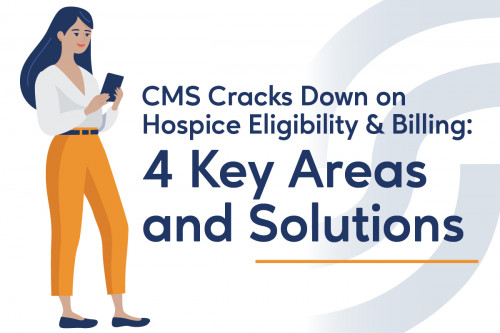Federal regulators have announced enhanced oversight of hospices, specifically for those agencies in Arizona, California, Nevada, and Texas. The Centers for Medicare and Medicaid Services announced that this change was spurred by "numerous reports of hospice fraud, waste, and abuse" and "serious concerns about market oversaturation." With this news in mind and with increased scrutiny from CMS for hospice agencies, our experts came together to share the top four most common mistakes agencies are making in hospice care -- specifically in eligibility and billing.
It is imperative that hospice agencies have a system in place to ensure patient eligibility is determined correctly and billing codes are accurate. They should also be familiar with Medicare requirements for hospice care. Here are the four biggest red flags SimiTree is seeing when it comes to CMS scrutiny, followed by our recommendations.
Top Four Problems Hospice Agencies are Facing in Eligibility and Billing - CMS is after these
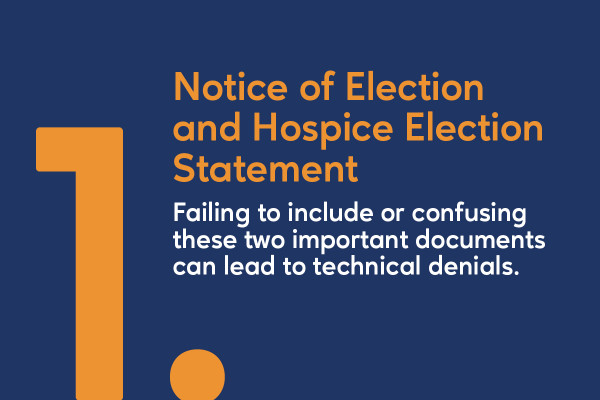
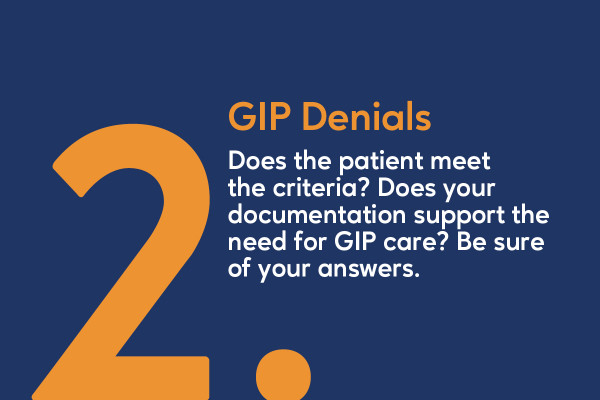
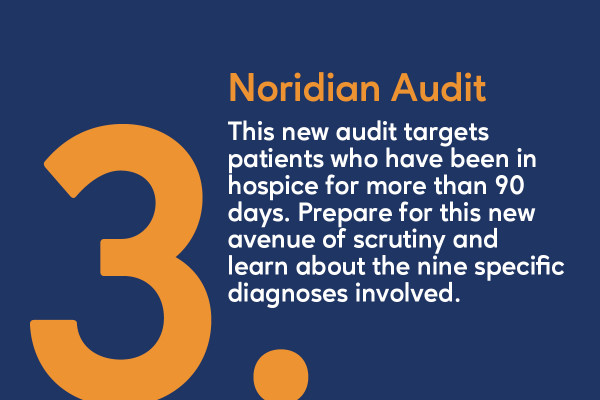
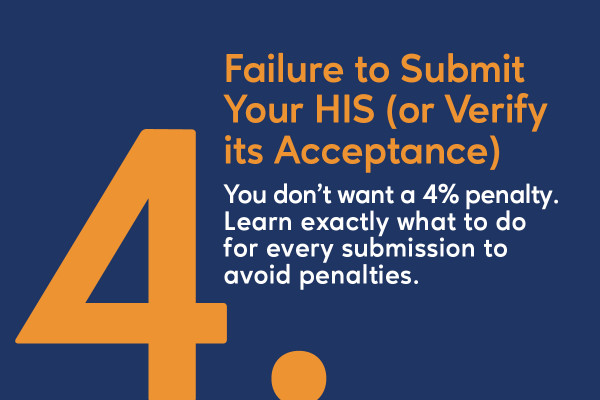
- The Notice of Election (NOE) and the Hospice Election Statement document are two different things, often confused and discussed incorrectly. The NOE is the electronic notice to CMS of the patient’s Election of Hospice and is required to be completed and submitted within 5 calendar days of the election of the benefit with the MAC, which is then transmitted to the Common Working File.
The Hospice Election Statement form outlines the intricacies of the Hospice insurance benefit. CMS has stipulated the information required on this form, intended to facilitate the patient and caregiver’s clear understanding of the Medicare hospice benefit Failure to include or obtain the required information on your Election statement leads to a technical denial. - GIP denials: General Inpatient Care (GIP) is a higher level of care than routine hospice care. GIP claims may be denied if the patient does not meet the criteria for GIP care, or if the documentation does not support the need for GIP care.
- Noridian Audit –The 90-day Noridian audit is a new avenue of scrutiny conducted by Noridian Healthcare Solutions, a Medicare Administrative Contractor (MAC). The audit is targeting patients who have been in hospice for more than 90 days.
- Failure to submit at least 90% of your HIS files will result in a 4% penalty!
Our Recommendations to Avoid Penalties, Denials, and Fraud: Avoid CMS Scrutiny at Your Hospice Agency
- The Hospice Election Statement is inaccurate or incomplete: CMS provides a sample Hospice Election Statement, typically referred to as an Election Statement form containing all the required language. We recommend all hospice programs use the sample form to ensure accuracy and avoid costly errors. Be sure the EMR software contains all the correct language in an electronic version of the NOE form. Document, on the form or some obvious location in the visit note whether the patient/responsible party requested the addendum or declined the addendum related to the Patient Notification of Hospice Non-Covered Items, Services, and Drugs.
- GIP denials: GIP level of care is short-term, inpatient care of intractable symptoms that cannot be managed in the home environment. Documentation must demonstrate efforts to manage the symptoms prior to increasing the level of care and must support the management of intractable symptoms each day the patient is on the GIP level of care. Hospices should also audit their documentation daily to ensure that it supports GIP care.
- Noridian Audit – the Hospice 90-day stay audit by Noridian: Hospice agencies should be aware of this new pilot audit and prepare for it by reviewing their records for patients who have been in the hospice for more than 90 days with specific hospice diagnoses. There are 9 specific diagnoses, including heart disease, unspecified, unspecified seq, and more. We recommend education to nurses and physicians regarding eligibility and documentation to support eligibility.
- Failure to submit your HIS or to verify that it has been accepted can result in penalties: The submission time frame is 30 days for both admissions and discharges. Once the HIS files are uploaded into the QIES system, review the submission reports to identify acceptances and rejections. Do this for EVERY submission!
In addition to the above, here are some other tips to help hospice agencies avoid audits and penalties:
- Have a compliance program in place: A compliance program can help hospice agencies identify and address potential problems before they lead to audits or penalties.
- Train your staff on Medicare regulations: Hospice staff should be trained on Medicare regulations for hospice care, including eligibility requirements, billing requirements, and documentation requirements.
- Conduct regular audits: Hospice agencies should conduct regular audits of their own records to identify any potential problems. Consider using a third-party vendor to conduct random or quarterly audits. This may provide a fresh perspective regarding the documentation and any risks. By following these tips, hospice agencies can reduce their risk of audits and penalties.
How SimiTree Can Help
SimiTree can help hospice agencies avoid audits and penalties by:
- Providing training on Medicare regulations for hospice care.
- Helping hospice agencies develop and implement compliance programs.
- Assisting hospice agencies with regular audits of their own records.
- Representing hospice agencies during audits and appeals.
- Assessing the hospice program for any areas of financial, clinical, or operational risks/opportunities.
In addition to our audit and compliance services, SimiTree also offers a variety of other services to help hospice agencies grow and succeed, including:
- Financial management and consulting services
- Clinical consulting services
- Compliance and regulatory risk
- Hospice billing and collections outsourcing
We understand that hospice agencies face unique challenges, and we are committed to helping them overcome those challenges and achieve their goals. To learn more about how SimiTree can help your hospice agency, please call us at 866.839.5471 or complete a form to get in touch with an expert today.

